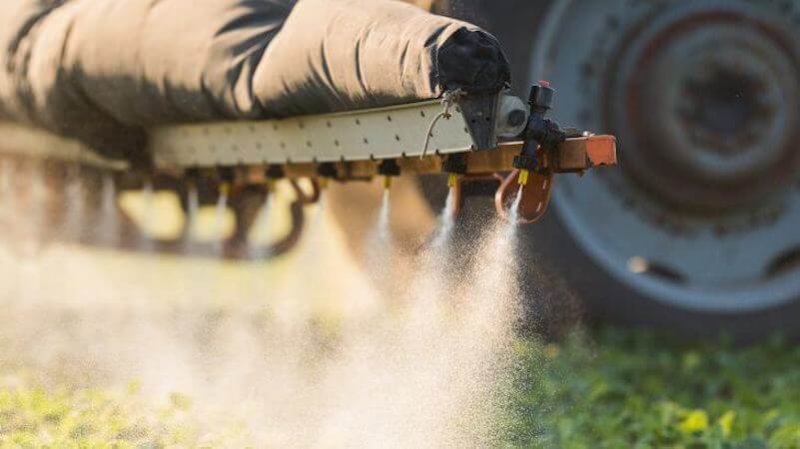The idea that “nonorganic” produce, typically referred to as “conventional” produce, is unsafe to eat is pervasive, and it largely hinges on a narrow definition of “safe” (i.e., pesticide-free) as well as a black-and-white view of what goes into the production of organic and conventional crops.
…
What do we mean when we say “safe”?
Many substances are safe unless they are used excessively. Alcohol is a toxin, but it’s not a problem for most people if consumed in moderation ….
“The first principle of toxicology is ‘the dose makes the poison,’” said Carl Winter, who was a food toxicologist at University of California Cooperative Extension for 32 years …. “It is the amount of exposure to a chemical, not its presence or absence, that determines the potential for harm. In the case of pesticide residues, the levels are typically far lower than those required to produce harm.”
[In September], the U.S. Food and Drug Administration (FDA) issued its annual Pesticide Residue Monitoring Program Report for 2018 …. Of the 1,448 samples produced or grown in the U.S., 96.8% were in compliance and 47.1% had no detectable residues.…
“If consumers were exposed to 100,000 times more pesticide residue than they are typically exposed to on a daily basis throughout their lifetimes,” Winter said, “their levels of exposure would still be lower than levels that don’t even produce any noticeable toxicological effect in long-term animal toxicology studies.”































